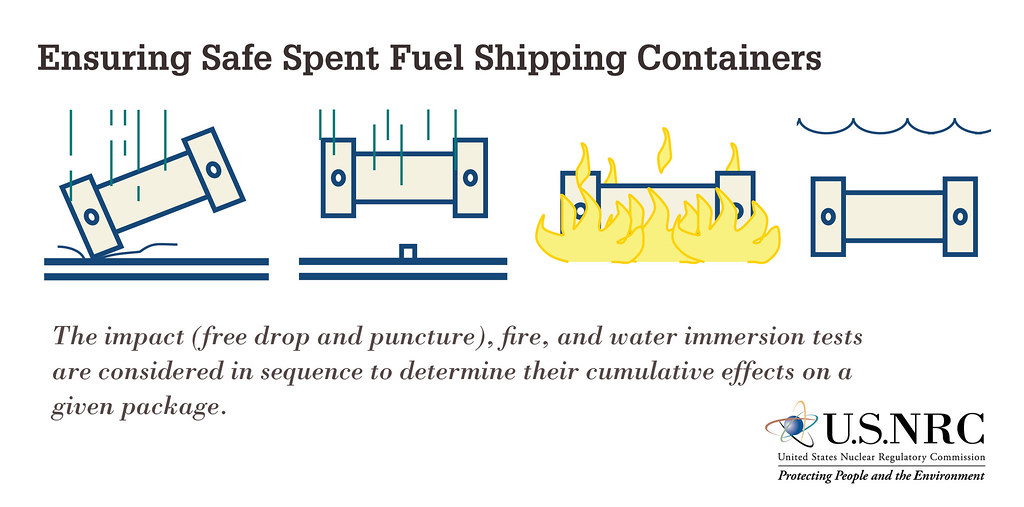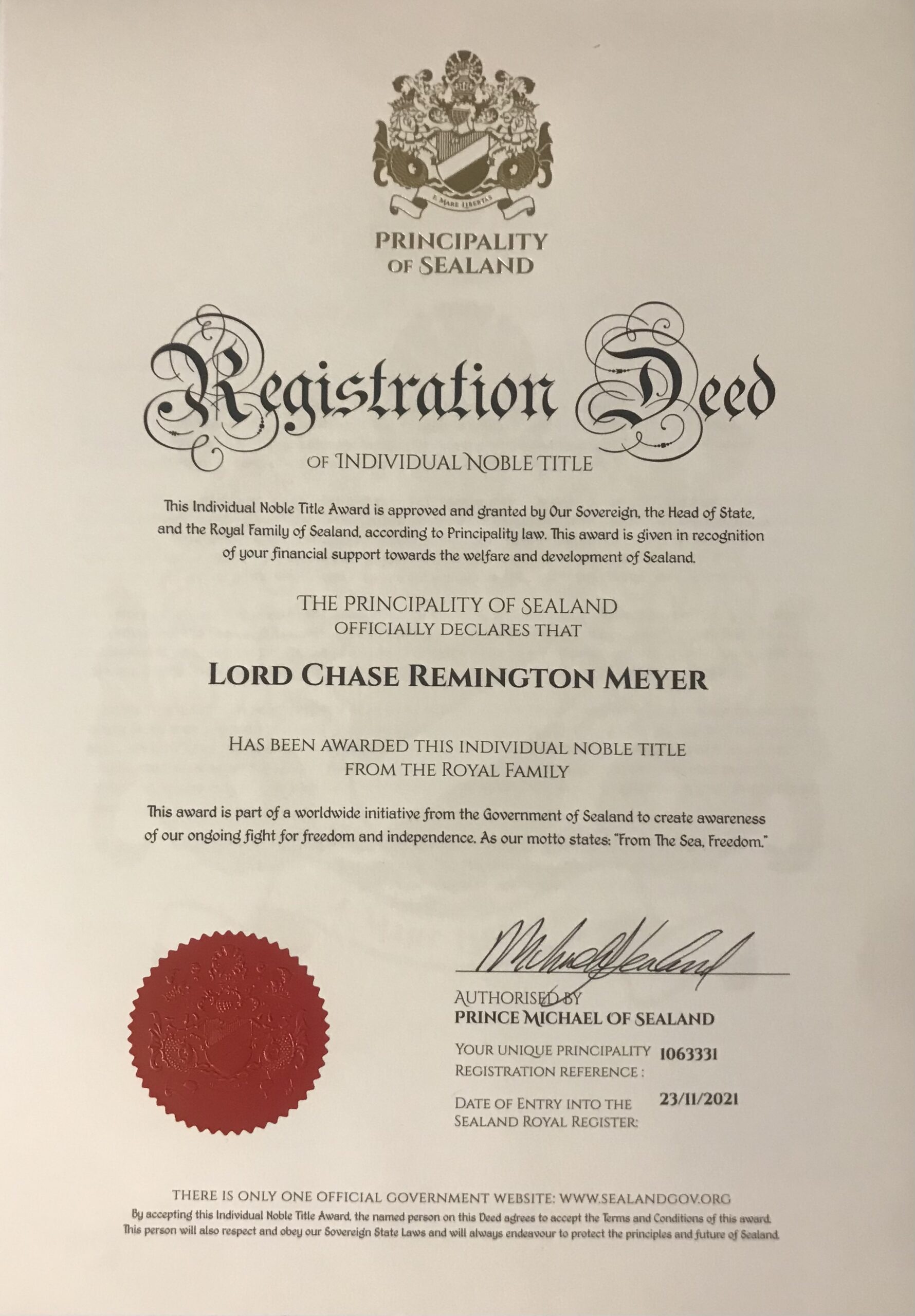Have you ever wondered what it truly means to “own” a house? Many people believe that having their name on the deeds equates to having full ownership of a property. But is this really the case? In this article, we will explore the nuances of property ownership and shed light on the question: do you really own a house if your name is on the deeds?
Understanding Property Ownership Deeds
When it comes to property ownership, having your name on the deeds is a significant milestone. However, it doesn’t necessarily mean that you fully own the house outright. The deed is a legal document that proves your ownership rights, but there are key aspects to consider.
One important thing to note is that having your name on the deeds means you have legal ownership rights to the property. This gives you the power to sell the house, transfer ownership, or even put it up as collateral for a loan. Additionally, it’s crucial to understand the different types of property deeds, such as warranty deeds, quitclaim deeds, and grant deeds, each with its own implications and legal protections.
Clarifying the Legal Implications
When it comes to owning a house, having your name on the deeds does hold significant legal implications. However, it is important to note that being listed on the deeds does not necessarily mean you are the sole owner of the property. Here are some key points to consider:
- Joint Ownership: If your name is on the deeds along with someone else, you may be considered a joint owner. This means that both parties have equal rights to the property, unless stated otherwise in the deed.
- Mortgage Obligations: Even if your name is on the deeds, if there is a mortgage on the property, you may still be liable for repayments if you have signed the mortgage agreement.
It is crucial to fully understand the legal implications of having your name on the property deeds, as this can impact your rights and obligations as a homeowner.
Exploring Joint Ownership and Shared Responsibilities
When your name is on the deeds of a property, it indicates that you have legal ownership of that property. However, joint ownership can complicate things as it means that multiple individuals have a legal claim to the property. In a joint ownership scenario, all owners share equal rights and responsibilities related to the property.
Shared responsibilities in joint ownership can include financial obligations such as mortgage payments, property taxes, and maintenance costs. It’s essential for all owners to communicate effectively and come to agreements regarding these responsibilities to ensure the smooth running of the property. Having clear discussions and possibly even drafting a written agreement can help prevent any disputes in the future. Additionally, joint ownership can also impact decisions related to selling or transferring the property, as all owners must be in agreement.

Ensuring Proper Documentation for Property Ownership
When it comes to property ownership, having your name on the deeds is a crucial step in ensuring that you have legal claim to the property. However, simply having your name on the deeds does not always guarantee that you are the true owner of the property. There are several important factors to consider to ensure proper documentation for property ownership.
One important aspect is ensuring that the deeds are properly recorded with the relevant authorities. This helps to establish a clear chain of ownership and avoid any disputes in the future. It is also important to regularly review and update the deeds to reflect any changes in ownership, such as adding or removing names. Additionally, it is recommended to keep copies of all relevant documents, such as title deeds and property surveys, in a safe and secure location. By taking these steps, you can help protect your ownership rights and ensure that your property is properly documented.
In conclusion, owning a house is not just about having your name on the deeds. It involves legal rights, responsibilities, and financial obligations. Whether you’re a co-owner, joint owner, or sole owner, understanding the nuances of property ownership is crucial. So, the next time you find yourself asking, “Do you own a house if your name is on the deeds?” remember that ownership goes beyond a mere title—it’s about knowing your rights and fulfilling your duties. Happy homeownership!




